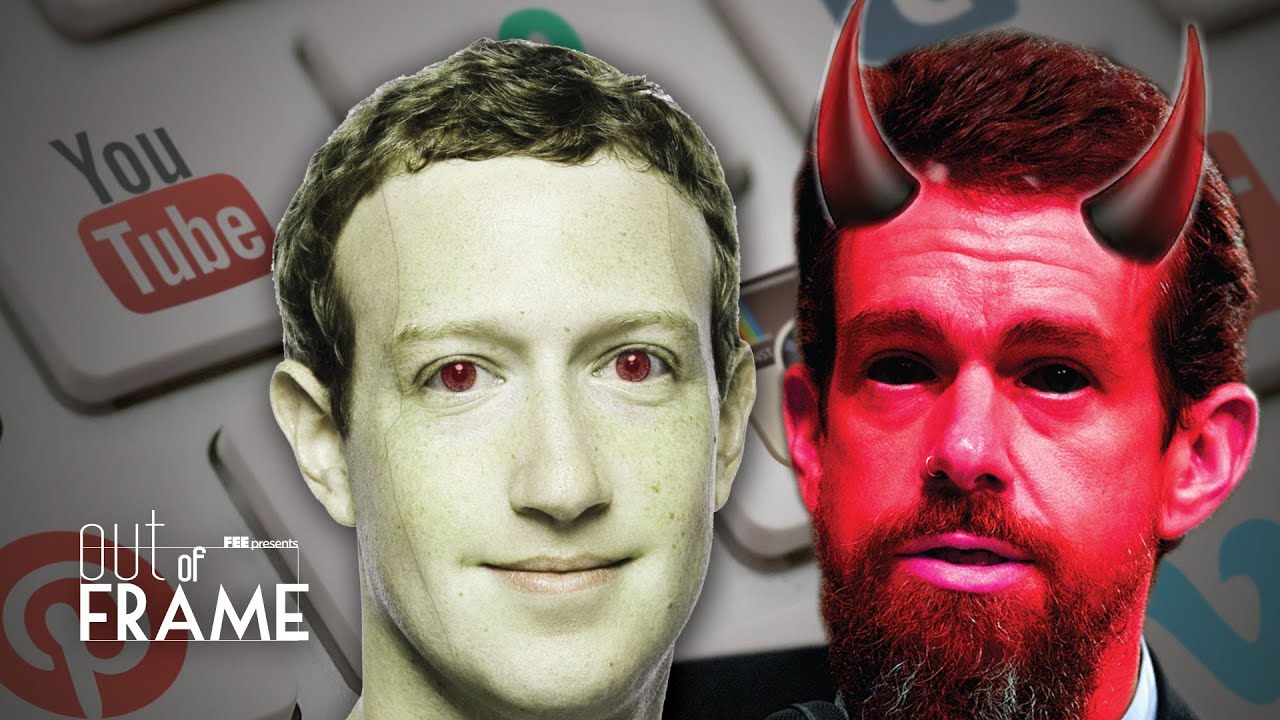Ssst, Ada Influencer di Balik Polarisasi di Medsos | Narasi Newsroom
Summary
TLDRThe video explores the impact of social media on modern society, focusing on how platforms like Twitter and Facebook shape our perceptions and actions through their algorithms. It discusses the false sense of consensus that algorithms create, as users are often surrounded by like-minded opinions. The constant surveillance of online activities is highlighted, stressing concerns about privacy and control. Additionally, the video touches on the psychological effects of social media, urging individuals to critically question their own beliefs and actions while navigating these platforms.
Takeaways
- 😀 Social media has become a dominant force in modern communication and influence.
- 😀 Platforms like Twitter benefit from significant liability protection, which raises concerns about their responsibility.
- 😀 Social media algorithms contribute to reinforcing users' existing beliefs by showing content similar to what they engage with.
- 😀 The algorithmic bias on platforms like Facebook leads to an echo chamber effect, where users are surrounded by people who share their views.
- 😀 Consumers often feel validated by seeing their opinions echoed by others in their social media circles.
- 😀 Privacy and surveillance concerns are central to how social media platforms track and monitor users' online activities.
- 😀 Every action a user takes on social media is tracked and analyzed by algorithms to tailor content and advertisements.
- 😀 Social media platforms are built to constantly engage users, often making them question their own beliefs and actions.
- 😀 There is an ongoing internal struggle for users to critically assess their own behavior and thoughts influenced by social media.
- 😀 Users should question their perceptions and beliefs more deeply, as social media has the power to distort reality.
Q & A
What is the impact of social media on modern society?
-Social media has exploded in popularity, influencing how people interact, communicate, and consume information. It has become a major platform for both personal connections and global communication.
How do social media platforms like Twitter handle legal liability?
-Social media giants, such as Twitter, receive unprecedented liability shields, which protect them from legal action regarding user-generated content posted on their platforms.
What are some issues related to social media algorithms?
-The problems linked to social media algorithms include creating echo chambers where users are exposed only to viewpoints similar to their own, which can distort perceptions and limit diverse opinions.
How does social media give users a false sense of agreement?
-Because users often interact with people who share similar views, social media can create the illusion that everyone thinks the same way, reinforcing one's own beliefs and making it harder to recognize differing perspectives.
What is the effect of being constantly watched online?
-Every action taken online is monitored, creating a feeling of being tracked. This constant surveillance can impact user behavior and raise concerns about privacy and security.
How does social media track user activity?
-Social media platforms track every action a user takes, including clicks, posts, likes, and shares. This data is then used for personalized content and targeted advertisements.
What psychological effects can arise from constant online monitoring?
-The feeling of being watched can lead to self-censorship, anxiety, and a tendency to question one's own behavior and thoughts in a social context.
What role does self-criticism play in the context of social media?
-On social media, users are often encouraged to constantly question their own beliefs and actions, leading to self-criticism and potentially unhealthy levels of self-reflection.
How does the prevalence of echo chambers affect public discourse?
-Echo chambers on social media can polarize public discourse by limiting exposure to diverse opinions. This can result in a less informed, more divided society, where individuals rarely challenge their own views.
Why do users feel that social media is tailored to their preferences?
-Social media platforms use algorithms that filter content based on user behavior, such as what they like, share, or comment on. This creates a personalized experience, reinforcing a sense of alignment with the content being presented.
Outlines

This section is available to paid users only. Please upgrade to access this part.
Upgrade NowMindmap

This section is available to paid users only. Please upgrade to access this part.
Upgrade NowKeywords

This section is available to paid users only. Please upgrade to access this part.
Upgrade NowHighlights

This section is available to paid users only. Please upgrade to access this part.
Upgrade NowTranscripts

This section is available to paid users only. Please upgrade to access this part.
Upgrade NowBrowse More Related Video

Purposive Communication: Lesson 3: Impact of Technology on Communication

How Social Networks Have Changed The World!

History of social media. Beginning of Social Media. सोशल मीडिया का इतिहास |

Review Film THE SOCIAL DILEMMA (BAHASA INDONESIA)

The Social Dilemma Is Dangerously Wrong... Part I

Social Media Pros And Cons
5.0 / 5 (0 votes)